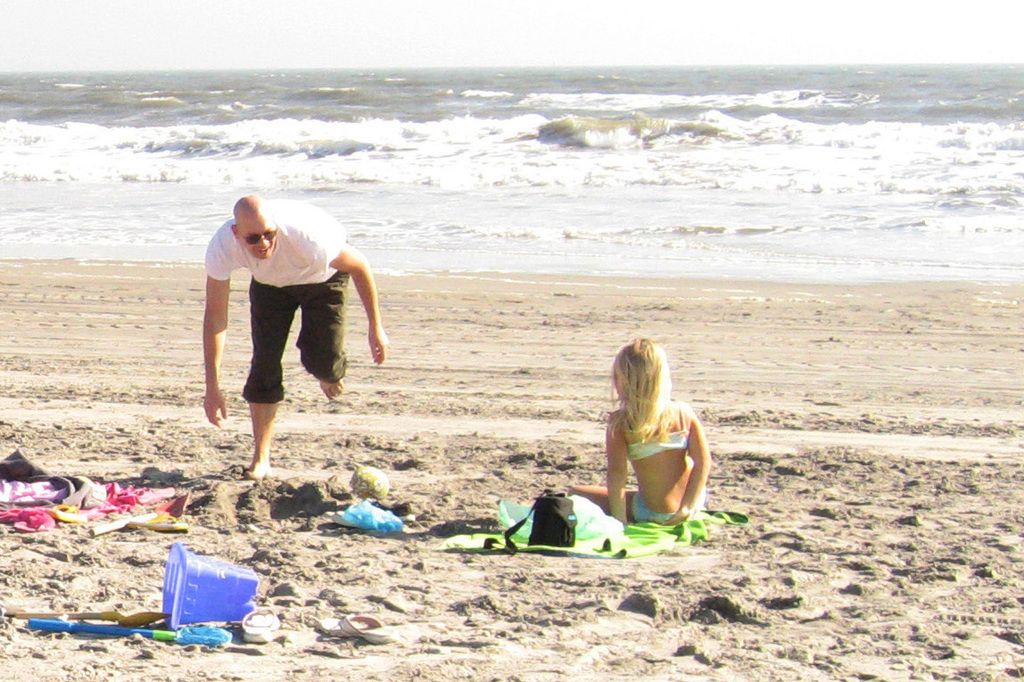Leases for the Arctic Refuge remain in possession of AIDEA, following a court decision that does not compel their revocation, despite persistent issues related to the leasing program's legality.
The latest court decision in Alaska has given the green light for the Alaska Industrial Development and Export Authority (AIDEA) to hold onto oil and gas leases from the 2021 lease sale in the Arctic National Wildlife Refuge, a move that has sparked outrage from conservation groups. The Gwich'in Steering Committee, an indigenous group deeply connected to the refuge, considers these lands as "The Sacred Place Where Life Begins."
The decision has been met with dismay by Kristen Moreland, executive director of the Gwich'in Steering Committee, who stated, "This court decision lets a state agency with little transparency or accountability hold onto oil and gas leases on lands sacred to the Gwich'in. This disappointing ruling ignores the destruction oil drilling will do to our communities and only deepens our resolve in fiercely defending the coastal plain from oil and gas extraction."
Similarly, Patrick Lavin, Defenders of Wildlife senior policy advisor, shares the sentiments, "This decision is deeply disappointing, and we remain fully opposed to industrializing the coastal plain of the Arctic National Wildlife Refuge. Home to polar bears, caribou, and many other wildlife species, the Arctic Refuge is one of our nation's most iconic landscapes."
Nevertheless, the Bureau of Land Management found that the original leasing program had improperly interpreted and applied the 2017 Tax Act and failed to properly consider greenhouse gas emissions. This led to the Biden administration putting a temporary moratorium on all activities weeks after the Jan. 6 auction and suspending and cancelling leases in 2023.
Despite the legal problems with the Trump administration's haste to issue these leases, AIDEA offered low bids but has no capacity for oil and gas extraction. AIDEA has faced scrutiny for its lack of public transparency, legislative oversight, and poor financial investments. Despite this, recent reports suggest that the Biden administration held a second lease sale, but no company bid on any of the leases offered.
In response to the court's decision, Elisabeth Balster Dabney, executive director of the Northern Alaska Environmental Center, expressed, "This decision is beyond disappointing. The first Trump administration-in a rush to issue coastal plain leases before leaving office-shirked the many legal processes that are in place to protect vital landscapes like the Refuge. To vacate that decision cancelling the leases is a legal travesty and an incredible setback for Alaska's people, wildlife, and waters."
In conclusion, the controversial push for oil and gas leases in the Arctic National Wildlife Refuge, including those held by AIDEA, continues despite ongoing challenges. Despite administrative suspensions and previous unsuccessful sales, Congress pursues multiple new lease sales over the next decade, with a revenue structure that heavily favors Alaska starting in 2035. Conservation groups, indigenous communities, and wildlife advocates remain resolute in their efforts to preserve this vital ecosystem.
- The decision to allow AIDEA to hold onto oil and gas leases in the Arctic National Wildlife Refuge, despite legal issues, has sparked an outcry from environmental-science advocates, including the Gwich'in Steering Committee, Defenders of Wildlife, and the Northern Alaska Environmental Center.
2.Amidst concerns over climate-change and the fragile ecosystem of the refuge, the ongoing push for oil and gas leases, such as those by AIDEA, has generated discussions in the realm of policy-and-legislation, with conservation groups and indigenous communities voicing their opposition in general-news outlets.
3.As the Biden administration continues to grapple with layered challenges surrounding the oil and gas leases in the Arctic National Wildlife Refuge, it becomes increasingly evident that the collision of politics, the environment, and economic interests will persistently shape the narrative of this contentious issue.








